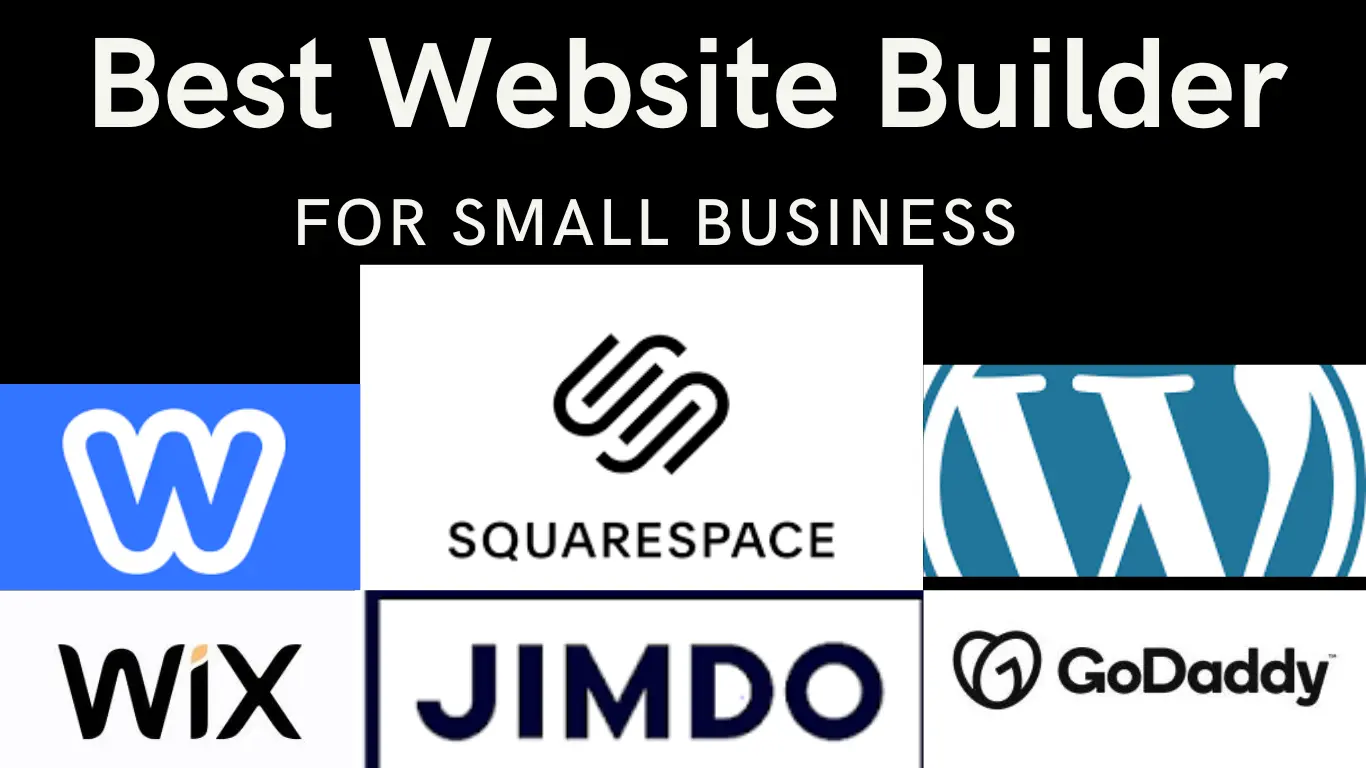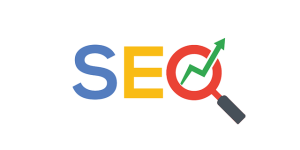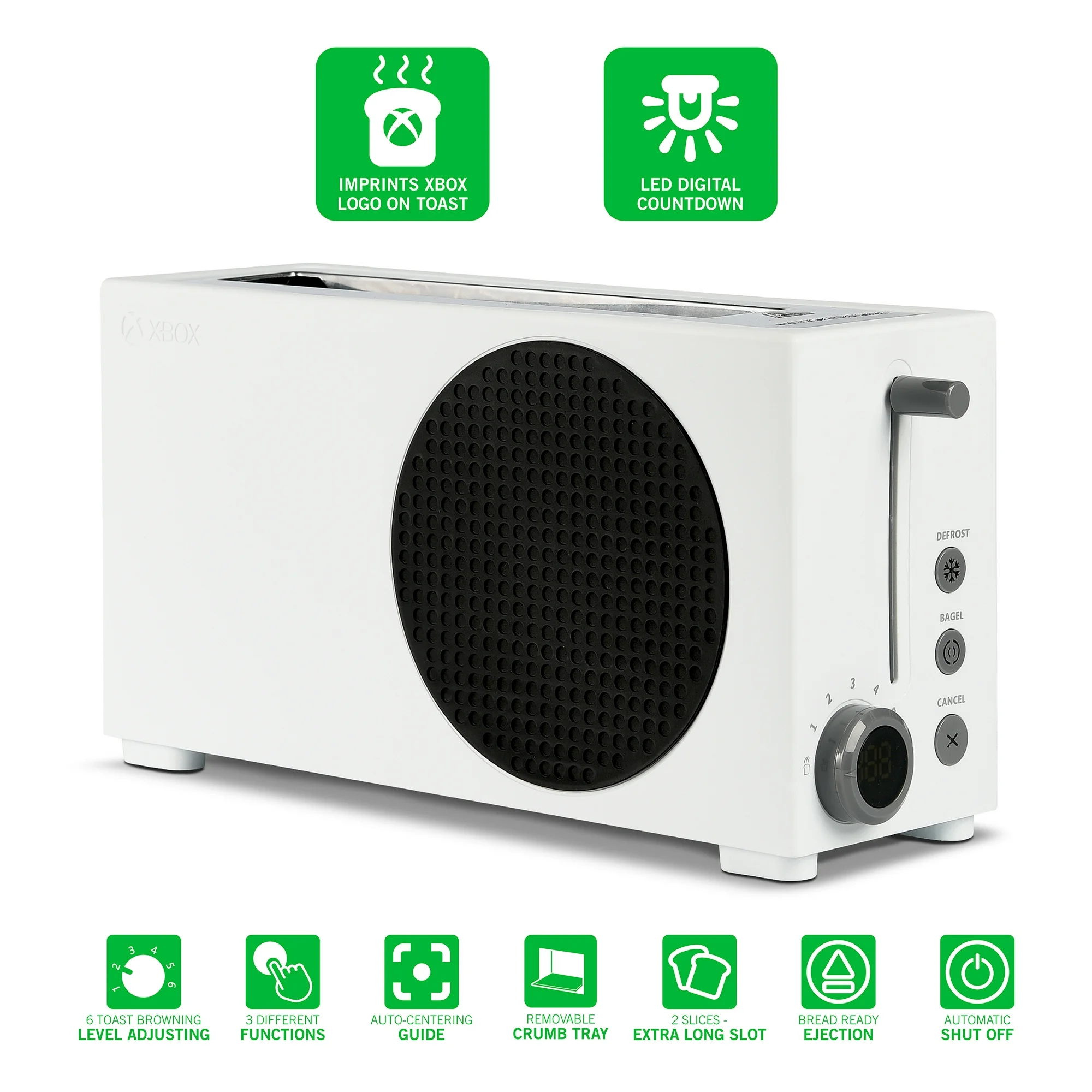
A website builder is a potent online tool that facilitates easy website creation without requiring coding skills. It streamlines the process, making it direct, efficient, and cost-effective. Core features include templates and drag-and-drop functionality, simplifying building, especially for beginners. Personalization tools ensure extensive customization. An advantage is it removes the need for technical skills, democratizing website creation for everyone.
Most builders offer diverse features, like SEO tools, empowering users to enhance visibility and connect with their audience. Responsive design is crucial, in adapting to the increasing trend of mobile internet usage. Builders automatically ensure mobile responsiveness. User-friendly and efficient, website builders are invaluable for those seeking an online presence without complications. Consistently emphasizing the keyphrase “website builders” underscores their pivotal role.
Whether you’re an entrepreneur, blogger, or small business owner, a website builder is a versatile solution for bringing your online vision to life.
Unveiling the Importance of Utilizing a Website Builders:
A website builder is a handy tool that makes it easy for anyone to create a website without needing coding skills. It’s like a one-stop shop that simplifies the process, making it simple, quick, and affordable. It works by giving you pre-made templates and an easy-to-use drag-and-drop system, especially useful for beginners. Plus, you can customize your site with different colors and styles. One great thing about using a website builder is that you don’t have to be a tech expert – it’s designed for anyone to create a professional-looking site.
Most builders come with lots of features, like tools to help your site show up on search engines and look good on mobile phones. This helps you connect better with your audience. Having a website that works well on mobile is important because more people are using the internet on their phones. Web builders automatically ensure your site looks good on all screen sizes. Website builders are user-friendly and efficient. They’re perfect for people who want an online presence without dealing with complicated technical stuff.
List of Website Builders:
- Wix.
- Shopify
- GoDaddy
- Webflow
- Squarespace
- WordPress
- Weebly
- Jimdo
These are just a few examples, and there are numerous website builders available, each catering to specific needs and preferences.
Exploring Further: Our Top-Rated Selections:
Wix, a popular website builder, empowers users to create stunning websites effortlessly. With its user-friendly interface, even beginners can design professional-looking sites without the need for coding skills. Wix offers a diverse range of customizable templates, allowing users to personalize their websites to reflect their unique style. The drag-and-drop editor simplifies the entire process, enabling seamless content placement and modification. Additionally, Wix provides a variety of features, including e-commerce tools, blogging capabilities, and SEO optimization, ensuring that users can meet their specific needs. Whether you’re a business owner or an individual, Wix is an accessible and powerful platform for building a standout online presence.
| PROS | ||||||
| 1: Boasting an impressively intuitive Editor X interface. 2: Abundance of widgets and a diverse collection of templates 3: Effective mobile-site-building tools 4: Feature-rich web store capabilities with various commerce options, including digital downloads 5: Reliable uptime and commendable customer service support 6: Innovative AI-powered site design tools 7: Free option available | ||||||
| CONS 1: Third-party apps provide superior analytics 2: Inflexible when it comes to template switching |

Shopify Web Builder
Shopify stands out as a widely used e-commerce platform, simplifying the process of creating and managing online stores without requiring advanced technical expertise. Setting up a shop, adding products, and customizing the appearance is made easy with Shopify’s user-friendly interface and a variety of templates. It streamlines crucial tasks such as payment processing and inventory management, catering to both small businesses and large enterprises. Shopify’s appeal lies in its scalability, extensive app store for additional features, and dependable customer support, making it a preferred choice for those looking to establish and grow their online presence for selling products.
| PROS 1: Easy to set up your online store. 2: Lots of different templates to make your store look cool. 3: Handles payments and keeps track of your stuff. 4: Works for small or big businesses. 5: Many extra features you can add from the app store. If you need help, they’re there for you. | |
| CONS | |
| 1: Transaction fees on some plans. 2: Customization limitations for certain design aspects. 3: Monthly subscription costs. 4: Advanced features may require third-party apps. 5: Limited control over SEO parameters. |

GoDaddy Web Builder
GoDaddy’s Website Builder is a breeze to use, perfect for crafting websites without tech headaches. With a bunch of templates to choose from, whether you’re into blogging or building a business site, it’s got you covered. Customizing your design is as easy as dragging and dropping elements. GoDaddy takes care of the nitty-gritty – from snagging your domain to handling hosting and email services. It’s user-friendly, though some find it a bit less flexible when it comes to design creativity. Still, if you’re after an all-in-one solution that’s straightforward for setting up and managing your online presence, GoDaddy’s Website Builder is a solid choice.
| PROS 1: User-friendly interface for easy website creation. 2: Diverse and customizable templates catering to various needs. 3: All-in-one solution with domain registration, hosting, and email services. 4: Drag-and-drop functionality for simple design modifications. | |
| CONS 1: Design flexibility may be limited compared to other platforms. 2: Some users find it less creative in terms of design options. 3: It might not offer as much customization for advanced users. 4: Certain features may require additional costs or upgrades. | |

Webflow Web Builder
Webflow is a cool website builder that’s great for making websites without a lot of hassle. It’s awesome for both beginners and those who know their way around web design. What’s neat is you can design and build your site visually, just by dragging and dropping stuff – no need for coding skills. Webflow offers a bunch of templates to get you started, and you can customize them however you like. It’s perfect for making everything from simple blogs to fancy business sites. While it’s powerful, some people might find it takes a bit to get the hang of it. Overall, Webflow is a slick tool for creating awesome websites.
| PROS 1: Visual design interface for easy and intuitive website creation. 2: Suitable for both beginners and experienced web designers. 3: No coding skills required, thanks to drag-and-drop functionality. 4: Diverse templates to kickstart your design. 5:Powerful tool for creating a variety of websites, from blogs to business sites. | |
| CONS | |
1: Learning curve may be steep for some users. 2: Pricing can be relatively higher compared to other website builders. 3: Limited third-party integrations compared to some competitors. 4: Not as widely known as some other website builders in the market. |

Squarespace Web Builder
Squarespace is a well-liked website builder known for its stylish designs and user-friendly features. It gives you a bunch of cool templates for making your website look great, whether you’re an individual or a business. What’s neat is that Squarespace isn’t just for building – it also takes care of hosting your site. You can easily customize your site using its drag-and-drop editor without needing to know how to code. It comes with built-in tools for e-commerce, blogging, and analytics. Even though it’s praised for its good looks and simplicity, some folks might find it a bit less flexible compared to other options. Overall, Squarespace is a chic and easy way to create a polished website.
| PROS 1: Stylish and professionally designed templates. 2: User-friendly interface with a drag-and-drop editor. 3: All-in-one platform with integrated hosting services. 4: Built-in tools for e-commerce, blogging, and analytics. | |
| CONS | |
1: May be less flexible compared to other website builders. 2: Pricing can be relatively higher. 3: Learning curve for some advanced features. 4: Limited third-party app integrations compared to some competitors. |

WordPress Web Builder
WordPress is a popular website builder known for its flexibility and tons of features. It’s great for both beginners and pros, offering a user-friendly setup with lots of customization options. With a huge library of themes and plugins, you can make anything from a simple blog to a fancy online store. Because it’s open-source, a bunch of people are always working to make it better. You can easily update your content with its content management system, especially handy for sites with lots of stuff. But, if you’re just starting, there might be a bit of a learning curve, and all the theme and plugin options might be a bit much at first. Overall, though, WordPress is a powerful tool for creating all kinds of cool websites.
| PROS 1: Versatile and widely used for various types of websites. 2: Extensive library of themes and plugins for customization. 3: Open-source, fostering a vibrant community and continuous development. 4: Powerful content management system (CMS) for easy updates. | |
| CONS | |
| 1: Learning curve, especially for beginners. 2: Abundance of themes and plugins can be overwhelming. 3: Security vulnerabilities if not regularly updated. 4: Customization limitations for those without coding knowledge. |

Weebly Web Builder
Weebly is a super easy website builder that’s great for everyone – whether you’re a beginner or kinda know your way around design. You can just drag and drop stuff to create your site without needing to know any fancy coding. Weebly gives you lots of templates for different things, like blogs or online stores. It’s got cool features, too, like letting you sell stuff online and check out how your site is doing. Setting up with Weebly is a breeze, and it won’t break the bank. Some folks say it’s not as flexible with design, but if you want something simple and budget-friendly, Weebly is a good pick.
| PROS 1: User-friendly with a simple drag-and-drop interface. 2: Affordable and budget-friendly. 3: Suitable for beginners and those with basic design experience. 4: Provides various templates for different purposes. 5: Includes e-commerce functionality and basic SEO tools. | |
| CONS | |
1: Less flexible in design customization compared to some other platforms. 2: Limited scalability for complex or larger websites. 3: Some users may find the range of features less extensive. 4: Not as many third-party app integrations as some competitors. |

JIMDO Web Builder
Jimdo is an easy-peasy website builder made for people who want a simple way to create their sites. You don’t need to be a tech genius – just drag and drop things where you want them, and you’re good to go. They have different templates, so you can make a personal website, a small business page, or even an online store. Jimdo also takes care of making your site work well on phones and helps with basic stuff like getting noticed on search engines. However, it might not have as many fancy features as some other website builders, and you might not be able to customize everything the way you want. In a nutshell, Jimdo is great for a quick and straightforward website setup.
| PROS 1: User-friendly with a simple drag-and-drop interface. 2: Suitable for individuals and small businesses. 3: Offers various templates for different types of websites. 4: Includes features like mobile responsiveness and basic SEO tools. | |
| CONS 1: Less feature-rich compared to some other website builders. 2: Customization options may be somewhat limited. 3: May not offer as many advanced features as some competitors. 4: Potential for scalability limitations for complex or larger websites. | |
conclusion
For small online businesses, Shopify and Squarespace are great options. Shopify: If you’re focusing on selling things online, Shopify is perfect. It’s easy to use, helps set up online stores smoothly, and ensures secure payments. You can also choose from various templates to make your store look the way you want. Squarespace: Squarespace is awesome if you care a lot about how your website looks. It’s user-friendly, and you can design your site easily with its cool templates. It’s a good fit for small businesses aiming for an attractive online presence without much hassle. Both Shopify and Squarespace are user-friendly, making them suitable for small businesses. The better choice depends on what you need and how you want your online store to look and function. Check out the features of each to see which one suits your small business better.




